
Your Poop and Colon Cancer: Decoding Early Warning Signs
Your Poop and Colon Cancer: Decoding Early Warning Signs

I used to think only major symptoms signaled trouble, but the more I researched the link between poop and colon cancer, the more I realized subtle changes in your stool can be an early warning. Blood in your stool, shifts in consistency, or even just going to the bathroom more (or less) often can sometimes point to a serious issue like colon cancer. Of course, these signs aren’t always a cause for panic, as other common digestive disorders share similar symptoms. Still, knowing what to look for can help you decide when it’s time to speak with a healthcare professional.
Early Indicators: Poop Changes in Localized Colon Cancer
One of the first hints that something might be off is a change in your usual bathroom routine. Some people notice thinner stools, different colors, or a sudden feeling that they’re just not fully emptying their bowel. Although minor, these signals can be important:
- Narrow “pencil” stools: This can happen when a growing tumor narrows the intestinal passage.
- Pain with defecation (dyschezia): Often tied to rectal cancer.
- Unable to empty the bowel (tenesmus): A hallmark of early-stage rectal cancer, characterized by a persistent feeling of needing to pass stool even when the bowel is empty.
- Rectal bleeding: Especially common with tumors in the lower bowel, which can manifest as bright red blood.
- Abdominal pain: Triggered when inflammation irritates pain receptors around the tumor.
- Fatigue: Often arises from anemia caused by internal, sometimes unseen, blood loss.
Progressing Signs: Poop Changes in Regional Colon Cancer
By Stage 3, colon cancer may have spread to nearby lymph nodes. At this point, changes in bowel movements can get more pronounced as the tumor digs deeper into intestinal tissues:
- Constipation: Partial blockages caused by the tumor can slow down bowel movements.
- Diarrhea: Fluids can bypass a partial blockage, leading to loose stools.
- Alternating constipation and diarrhea: This fluctuating pattern frequently signals something more serious, as the bowel tries to cope with an obstruction.
- Blood in stool (hematochezia): Can range from bright red to darker hues, depending on the tumor's location and how long the blood has traveled through the digestive tract.
- Worsening Tenesmus: The persistent urge to empty the bowel intensifies as the tumor and inflammation increase.
- Abdominal bloating and cramps: Gas buildup can't pass easily if the bowel's narrowed, leading to discomfort.
- Iron deficiency anemia symptoms: Nearly half of individuals with colon cancer develop anemia due to chronic blood loss. Symptoms include severe fatigue, pale skin, and shortness of breath.
As the tumor grows, scar tissue and strictures can develop, sometimes leading to partial or even full blockages. Even if you don’t always see visible bleeding in your stool, internal bleeding can still be occurring.
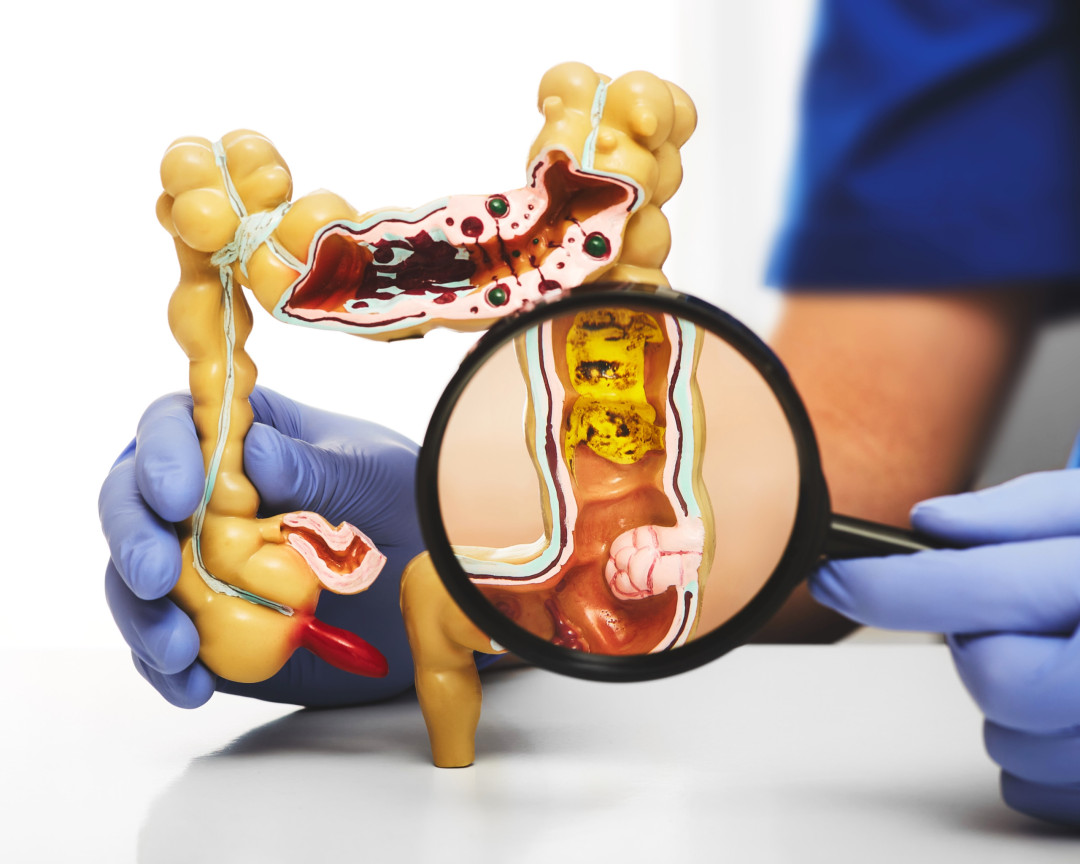
Advanced Stages: Poop Changes in Advanced Colon Cancer
Stage 4 colon cancer typically means the disease has spread to distant organs. Bowel obstruction and bleeding often escalate, making symptoms more apparent. If the tumor is on the right side of the colon, your stool might become dark and sticky (melena), since blood mixes with oxygen and hemoglobin during its longer journey through the intestines.
Other advanced symptoms can include:
- Nausea and vomiting: Common once a bowel blockage becomes severe.
- Unexplained weight loss: Chronic inflammation can suppress appetite and lead to muscle loss as the body fights the cancer.
At this advanced stage, the bowel wall may weaken, sometimes leading to perforations. Additional symptoms can appear if cancer spreads to other organs like the liver, lungs, or bones. Surprisingly, some people with advanced colon cancer don't experience many bowel-related symptoms if there's no significant blockage or bleeding in the colon itself.
Key Takeaways
I’ve found it crucial to learn about poop and colon cancer because seemingly small changes in your bathroom habits might be an early alarm. Blood in the stool, narrower poop, persistent diarrhea, or more frequent trips to the bathroom can all signal trouble, especially if they persist. But remember, other gastrointestinal problems can mimic these changes, so don't jump to conclusions. If you see something out of the ordinary, talk to a healthcare provider. When caught early, colon cancer is far more manageable—and sometimes, even highly treatable.
News in the same category

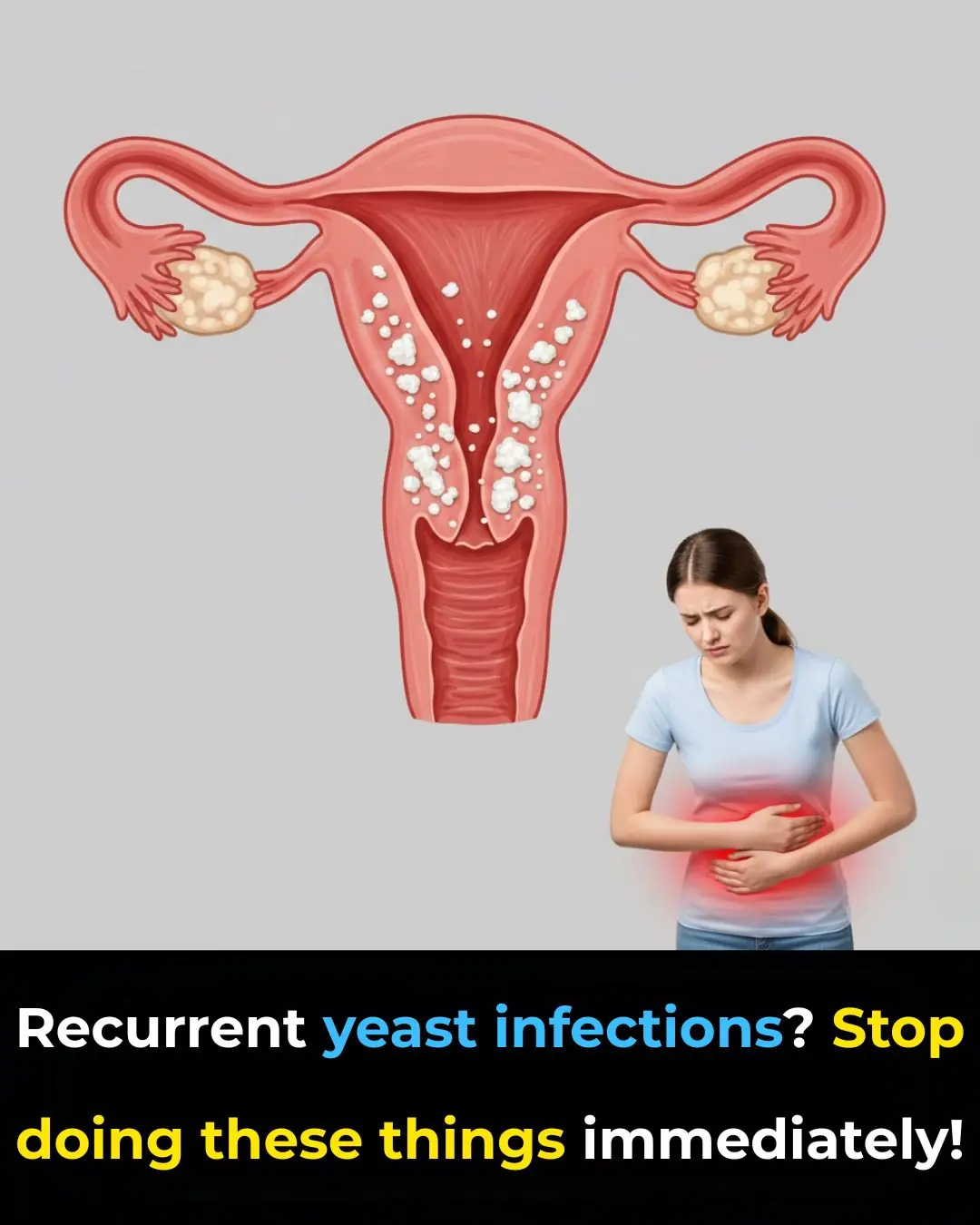
🚨 Recurrent Yeast Infections? STOP Doing These Things Immediately!

Doctors Are Amazed: Two Vegetables That Boost Collagen in the Knees and Relieve Joint Pain

Doctors warn 5 everyday habits are slowly killing your kidneys

9 Powerful Home Remedies to Eliminate Fungal Infections (Daad, Khaj, Khujli) Naturally and Fast

Longevity doctor who ‘reversed his biological age’ shares advice for people over 30

Tea for Swollen Legs: A Natural Remedy for Water Retention and Poor Circulation

🌿 What Rosemary Can Actually Do

Early Symptoms of Ovarian Cancer
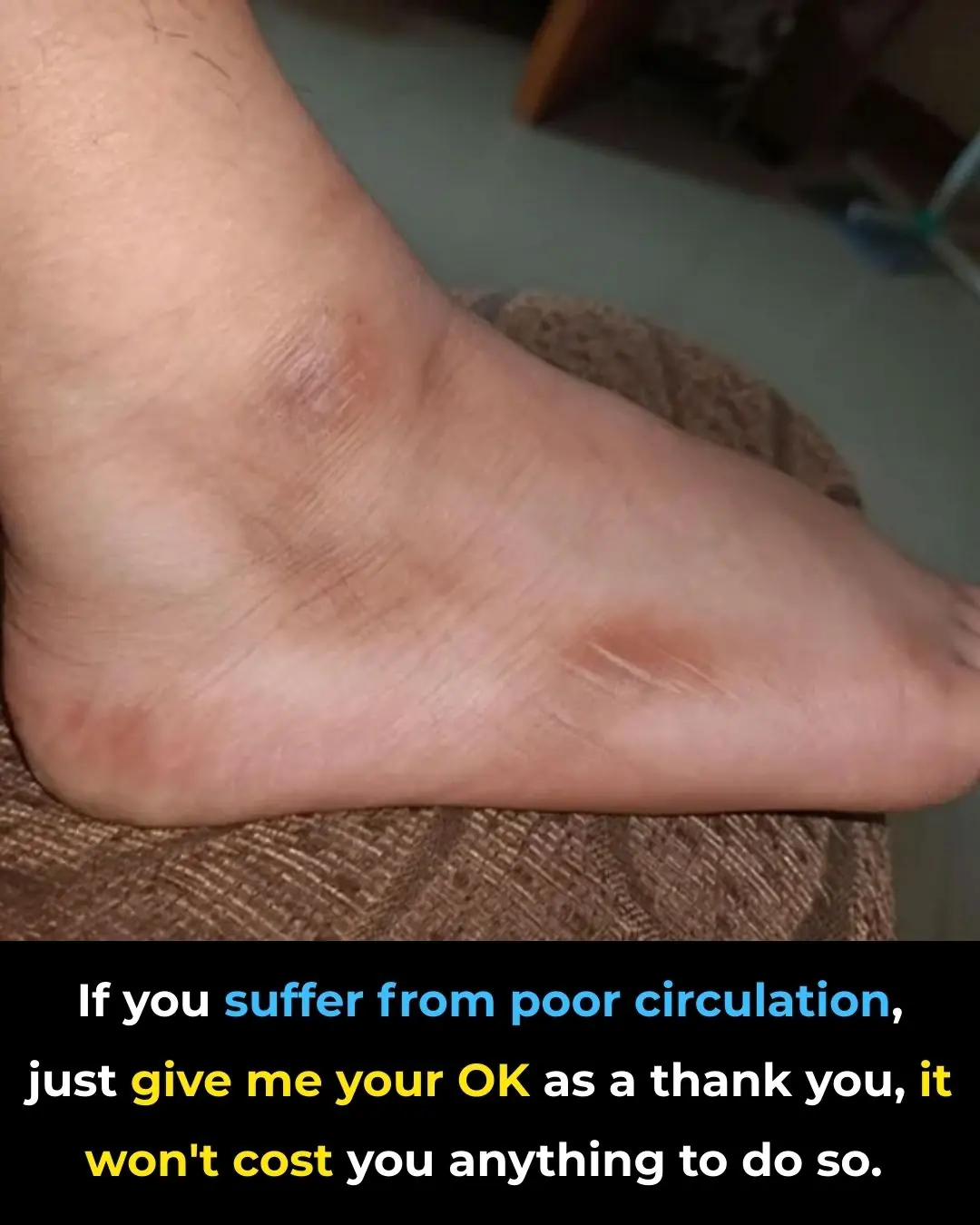
🩺 If Your Legs Feel Heavy, Cold, or Tingly—Here’s What It Means (And How to Improve Circulation Naturally)
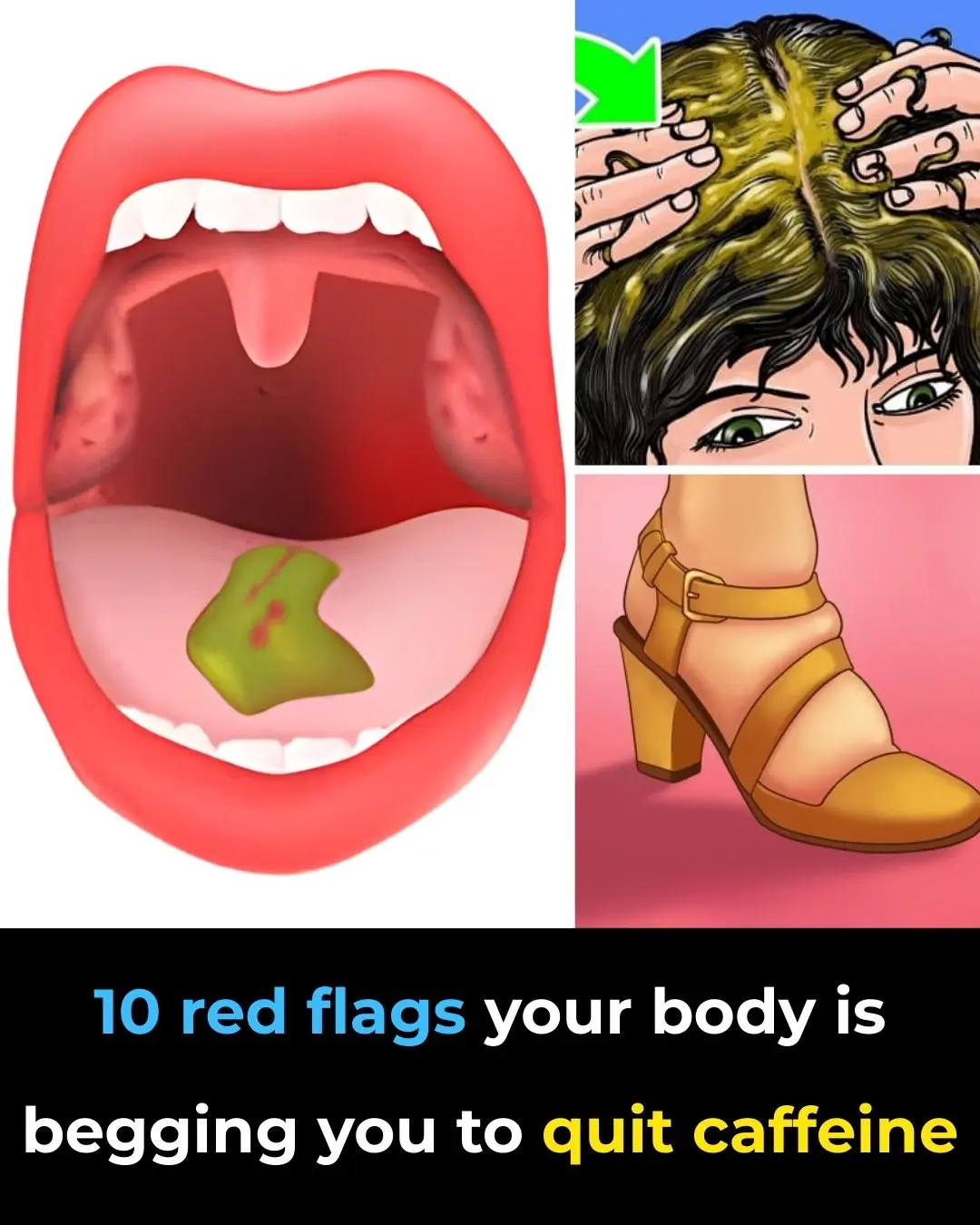
10 Warning Signs It’s Time to Cut Back on Caffeine

What Does an Itchy Left Hand Mean

It's a pain killer, helps relieve leg pain, varicose veins, rheumatism, and arthritis...👇

4 Fruits You Should Eat in Moderation After 60 — And How to Enjoy Them Without Losing Muscle
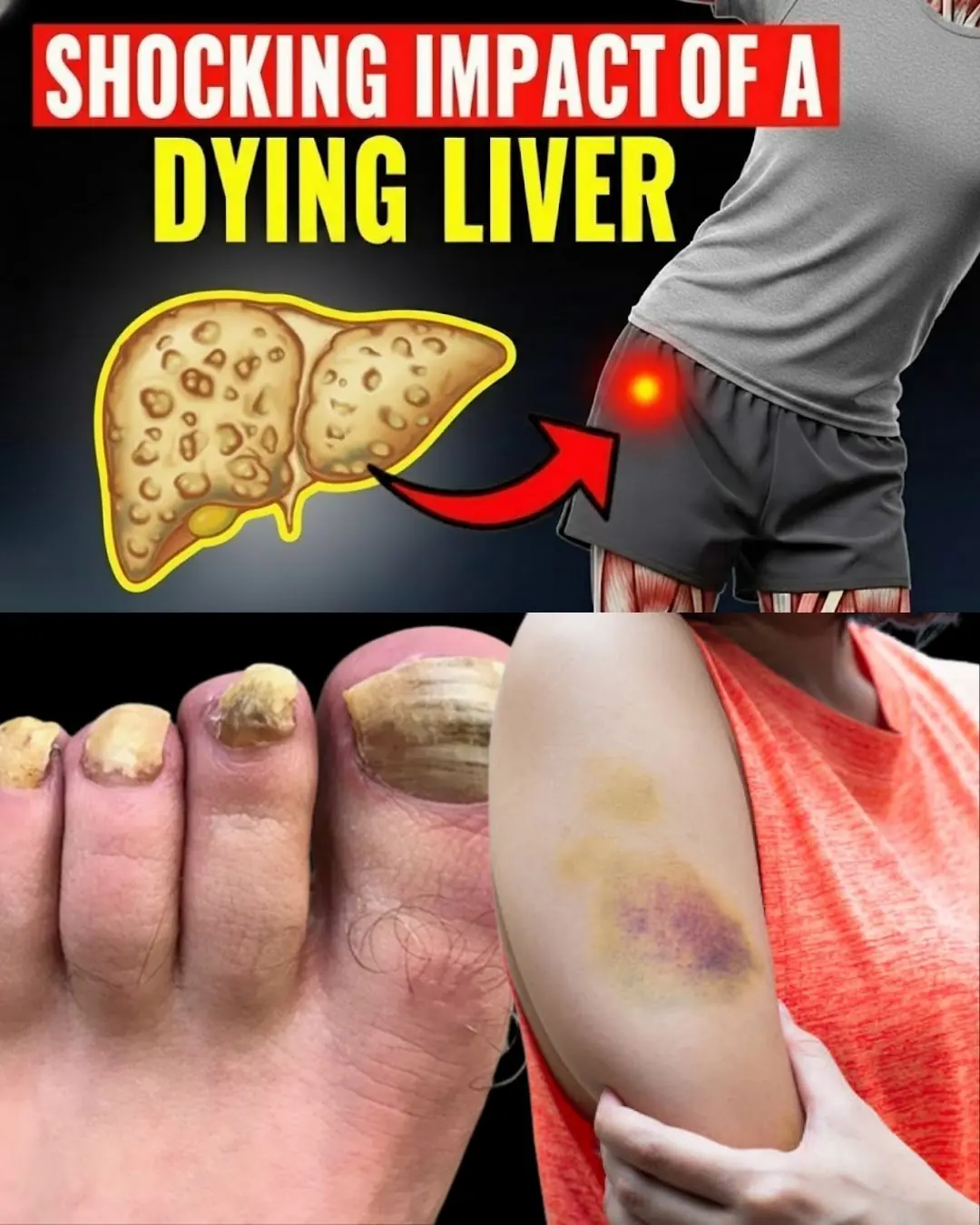
15 Strange Early Signs of Liver Failure That Even Doctors Often Miss

Why Your Cat Chooses to Sleep With You
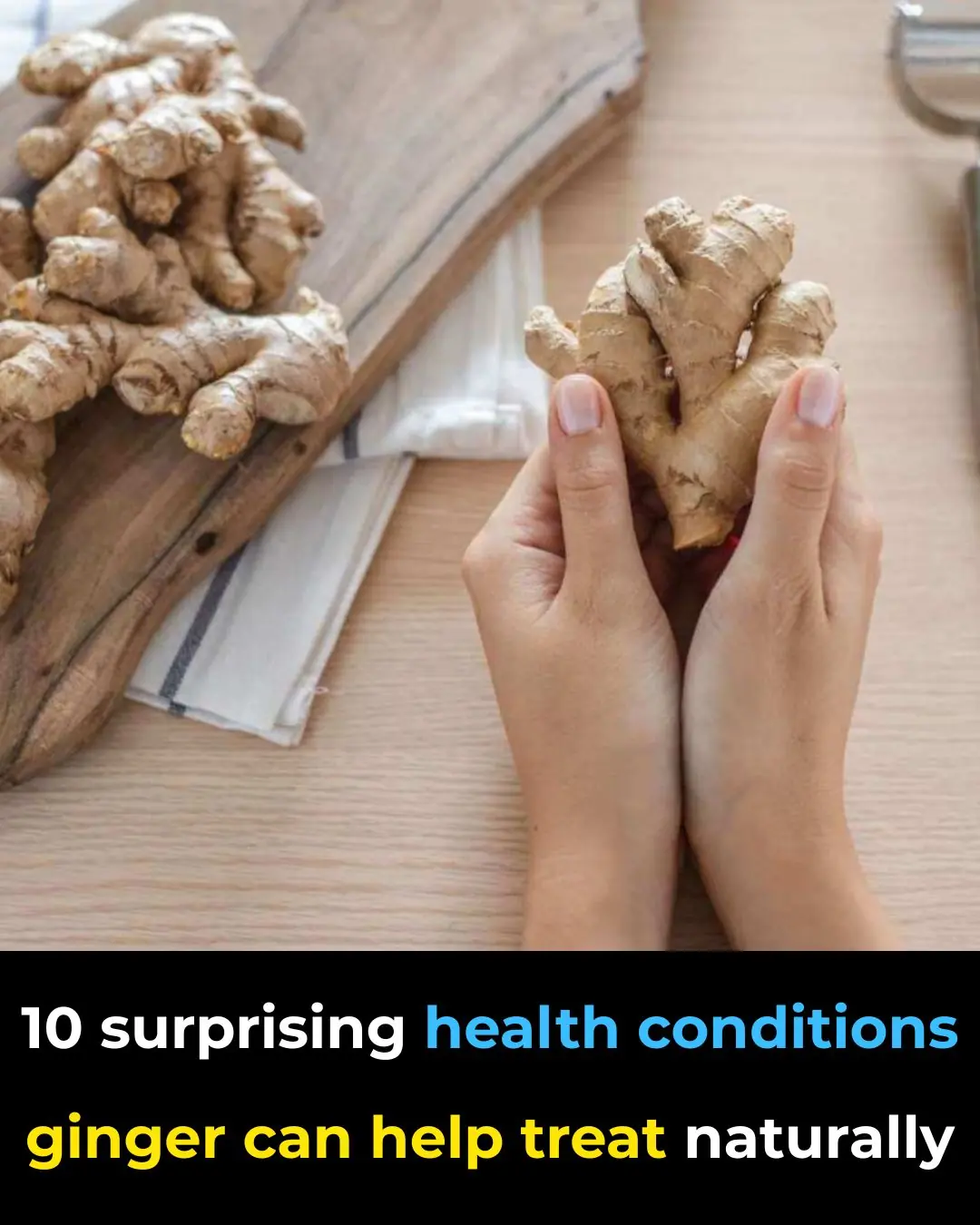
10 Conditions Ginger Can Help Manage Naturally
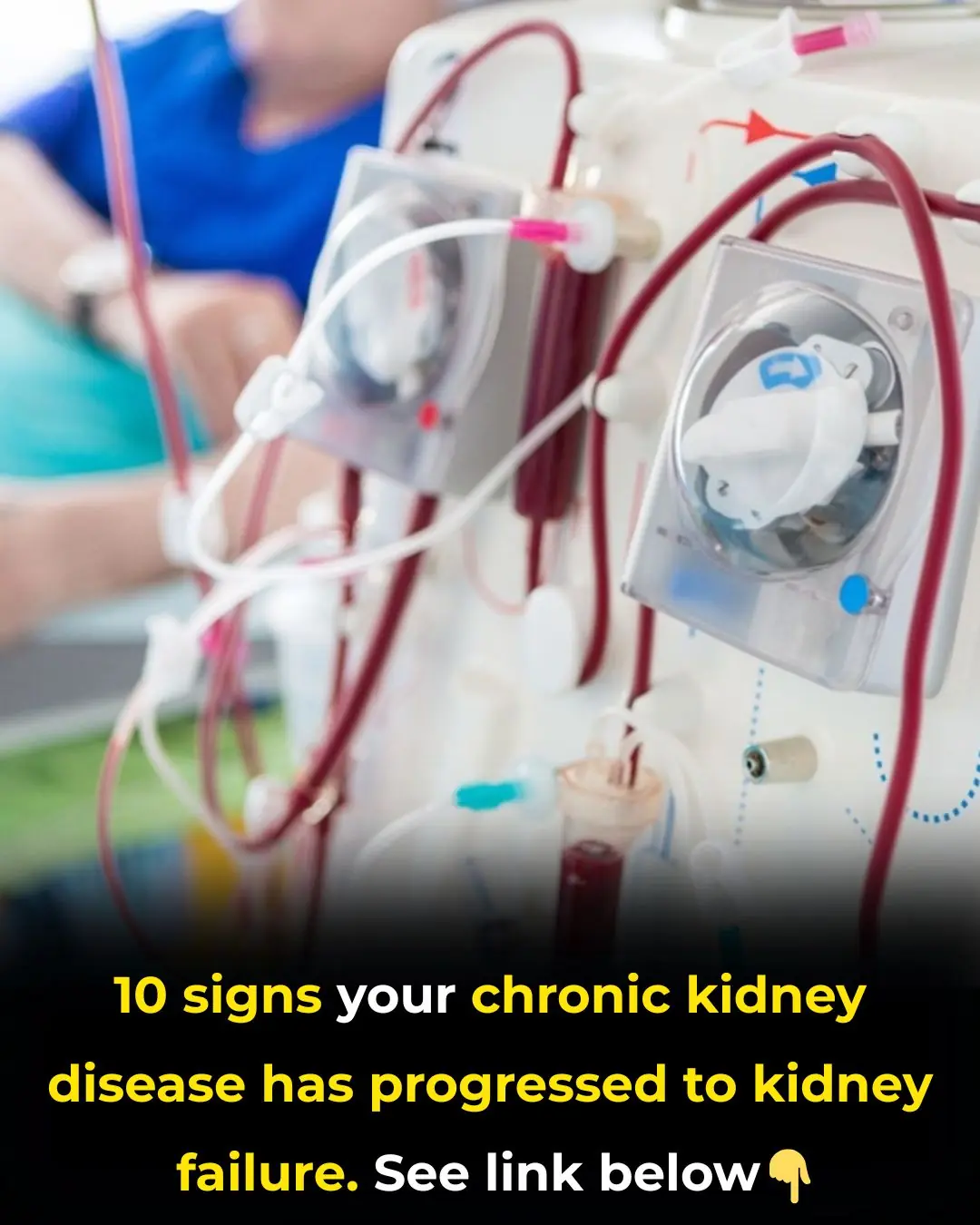
What To Know About Chronic Kidney Failure

Harvard Doctor Reveals Foods You Should Avoid to Prevent Inflammation

Silent Cancer Signs: 3 Persistent Pains Your Body Uses as Early Warnings
News Post

He Thought She Was Paralyzed… Until The Gate Kid Spoke

The Surprising Health Benefits of Boiled Eggs

He Fired Six Maids—Then One Video Ended His Sister

🚨 Recurrent Yeast Infections? STOP Doing These Things Immediately!

Euphorbia Hirta (Asthma-plant): Traditional Uses and Applications

Doctors Are Amazed: Two Vegetables That Boost Collagen in the Knees and Relieve Joint Pain

Doctors warn 5 everyday habits are slowly killing your kidneys

9 Powerful Home Remedies to Eliminate Fungal Infections (Daad, Khaj, Khujli) Naturally and Fast

Longevity doctor who ‘reversed his biological age’ shares advice for people over 30

Tea for Swollen Legs: A Natural Remedy for Water Retention and Poor Circulation

Grandma Had the Maid Arrested… Then the Kid Spoke Up

Both Carrying His Child

Billionaire Fires Server at Daughter’s Funeral—Then Sees THIS

🌿 What Rosemary Can Actually Do

Early Symptoms of Ovarian Cancer

🩺 If Your Legs Feel Heavy, Cold, or Tingly—Here’s What It Means (And How to Improve Circulation Naturally)

10 Warning Signs It’s Time to Cut Back on Caffeine
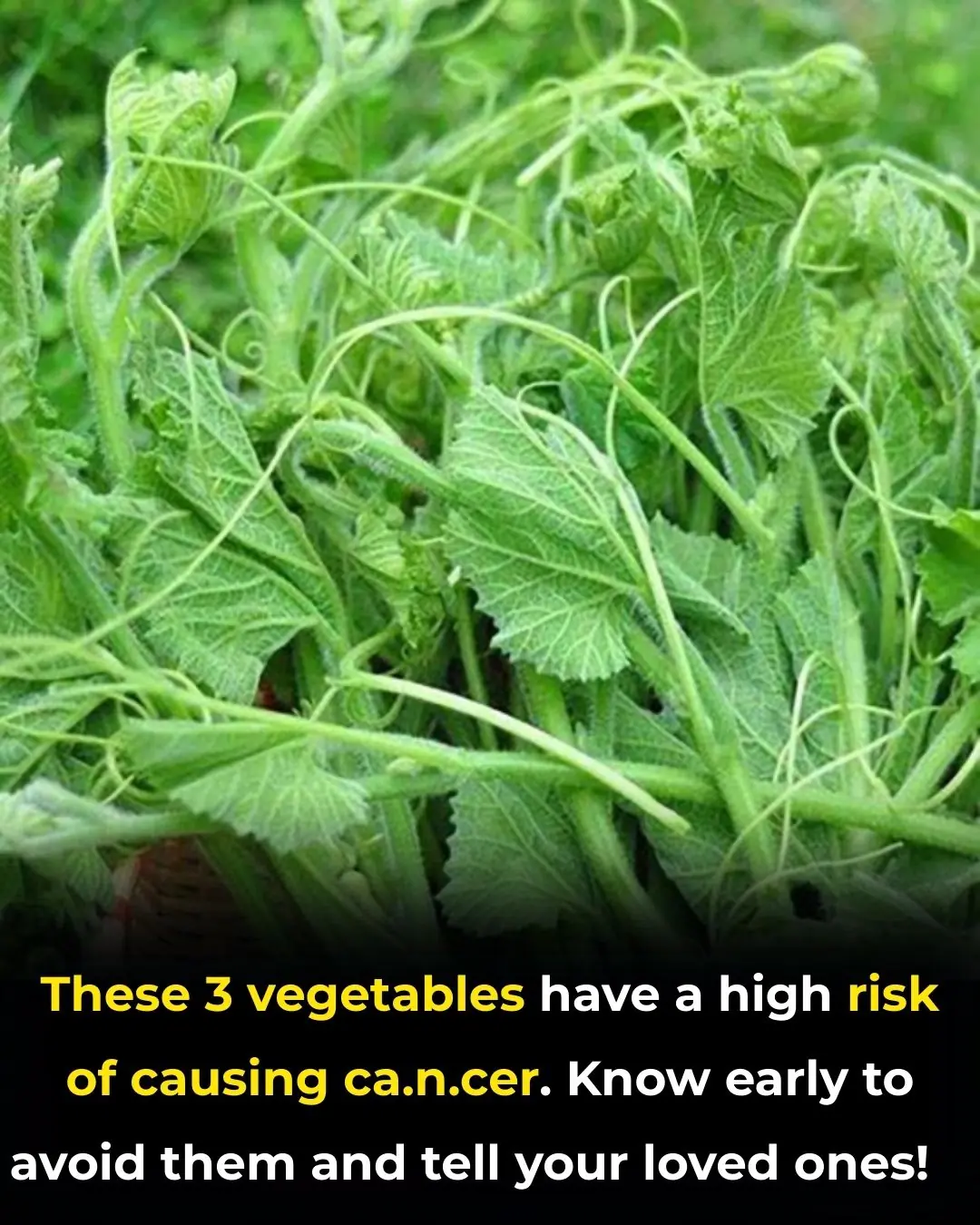
🥦 3 Vegetables That Support Cancer Prevention — Backed by Science

What Does an Itchy Left Hand Mean
